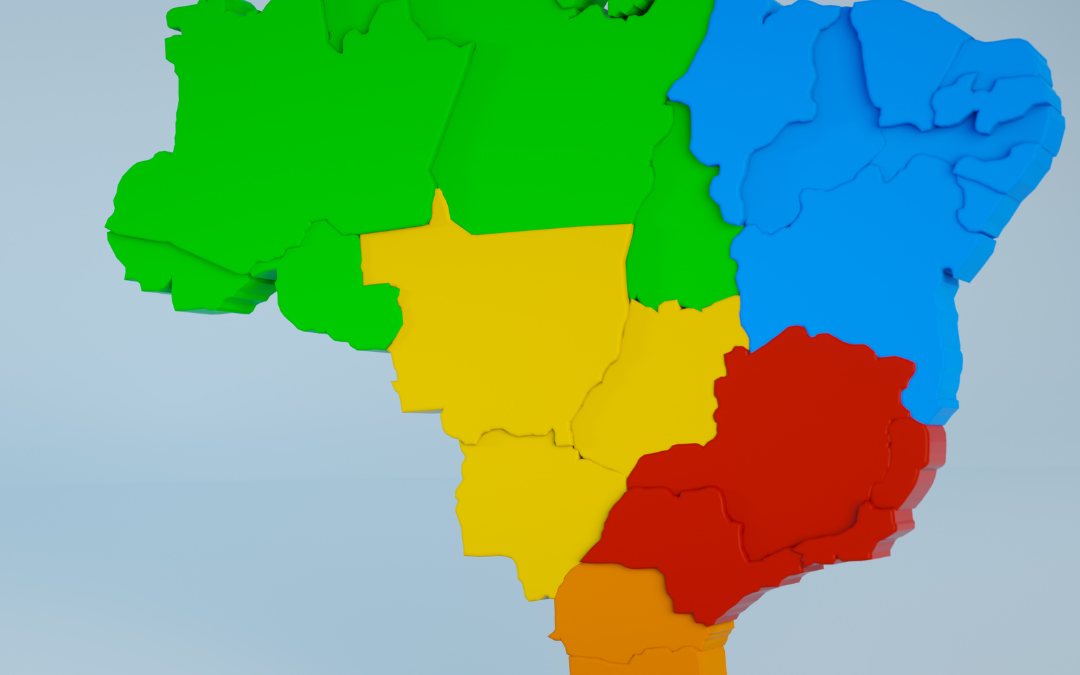
Document validation in Brazil is a necessary procedure to make a foreign document valid in Brazil.
Brazil is today a globalized country, where numerous negotiations and relationships take place between individuals and companies.
However, it is not enough to make a sworn translation just to make this document valid in Brazil.
Let’s look at the types of documents and what each one needs.
1- Foreign Public Documents
The 1961 Hague Convention on the Disposal of Foreign Public Documents (Apostille Convention) was internalized by Brazil on August 14, 2016, through Decree No. 8066/2016 and regulated by Resolution of the National Council of Justice (CNJ) No. of June 22, 2016.
The Apostille Convention has been active in Brazil since 2016.
In the process established by the Apostille Convention, both Brazil and the member states of the Convention, when they receive the stamp of the Apostille issued by a competent authority (in the case of Brazil, notaries), the documents of nationals destined to be sent to any of the member states, become immediately valid in all of them.
But be careful, in Brazil you who are interested in the Apostille must request this stamp from the notary, that is, it is not issued automatically.
Foreign documents that need to be validated in Brazil must have an Apostille.
In addition, they need to be translated into Portuguese through the services of sworn translators from the Commercial Boards of Brazil.
Remembering that the treatment of the foreign judgment is another and I have already published it here.
Foreign public documents from countries outside the Apostille Convention must be legalized in Brazil.
The process of legalizing these documents is done only at the Consular Offices of Brazil abroad.
Consular legalization is carried out by paying consular fees at the Brazilian Embassy or Consulate that has jurisdiction over the location where the documents were issued.
Consular legalization is a notarial registration (Catorio) and proves that the signature of the document was made by an employee of a foreign public office.
The legalization is done through the recognition of the signature or authentication of the document.
As an example, certificate issued in Haiti. Haiti is not a signatory country to the Apostille Convention. Therefore, the documents coming from there need to be legalized by the Consular Section of Brazil in Haiti.
2- International Contracts
International contracts signed only in a foreign language must be translated by a sworn translator in Brazil and registered at the Registry of Deeds and Documents to be valid in Brazil.
If the contract is also in Portuguese, both parties must be registered at the Registry of Deeds and Documents.
3- Conclusion
Whenever you need to validate a foreign document in Brazil, do not forget to research exactly what procedure you will need to do in Brazil.
If you need to contact me or hire the services of my law firm, send an email to contact@anainternationallawyer.com.br

